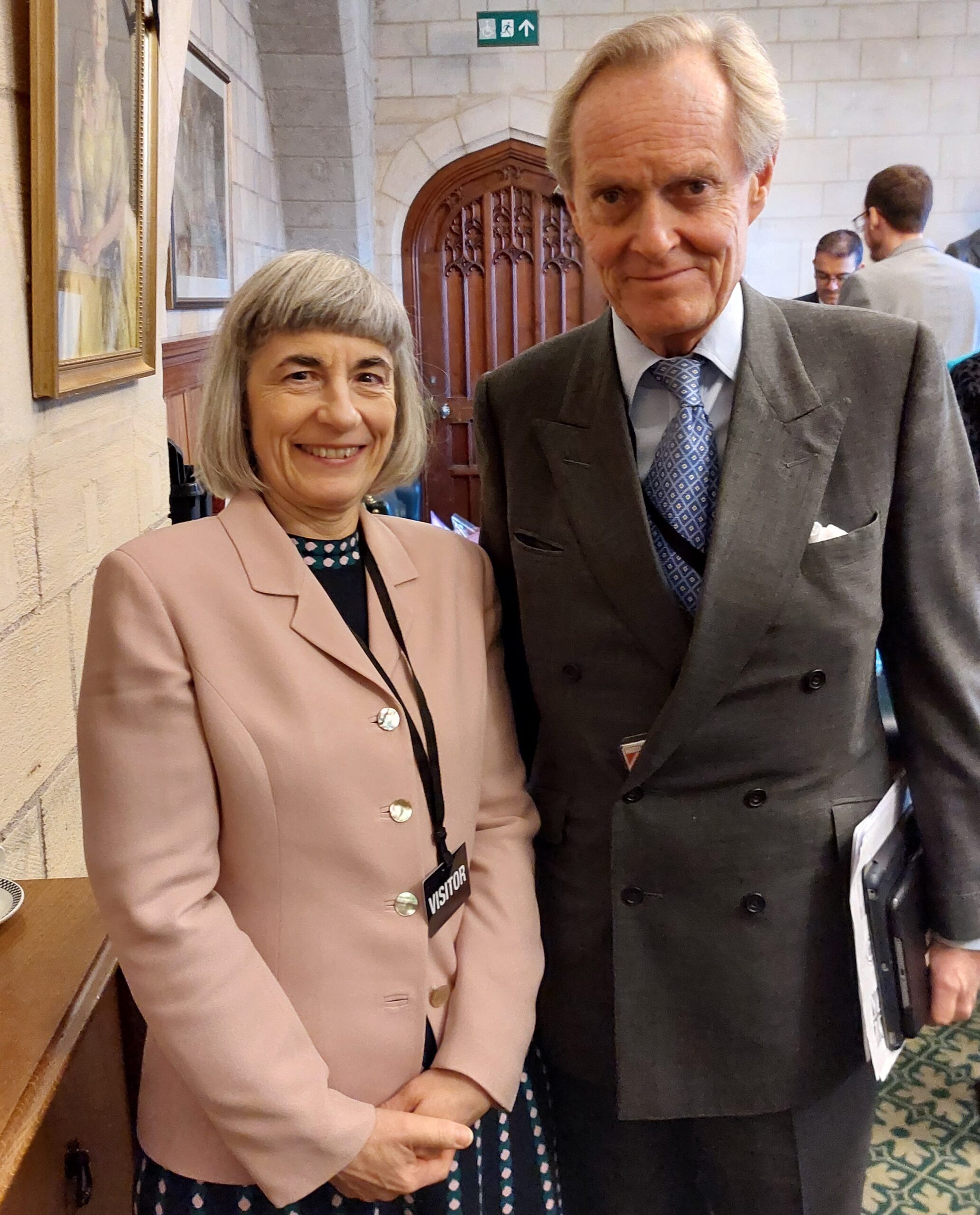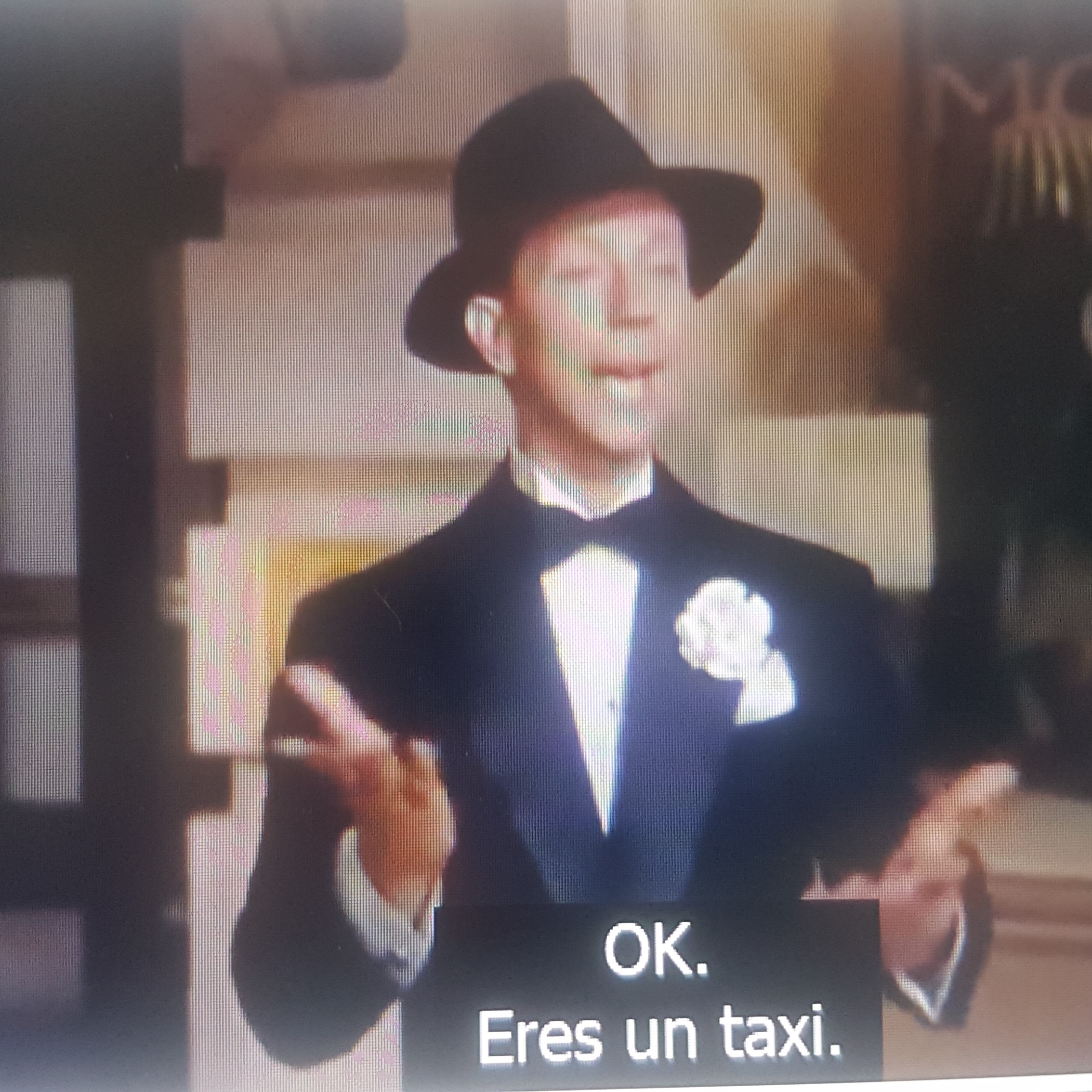
The Battle of Arapiles
I have a close connection to Salamanca, Spain because the capital of the province is my mum’s hometown and she still has a lot of family in the province. Between 1986 and 1988 I lived and worked in Salamanca. I got to know my mother’s cousins and their children well. I am still in touch with some of them today. One of my mother’s cousins, Antonio Gomez, undertook a genealogy project on his retirement around the time that I was in Salamanca. He visited all the churches in the province and made a note of all the births, marriages and deaths of Gomez relatives. It resulted in two volumes of the Gomez family history and it is thanks to him that I can trace my Gomez ancestors back to 1670 and know about my ancestor Roque Gomez. Who’s he? Read on.
The Battle of Arapiles, also known as the Battle of Salamanca, was held on 22 July 1812 in which an Anglo-Portuguese-Spanish alliance under the command of Earl Wellington defeated Marshal Auguste Marmont’s French forces at Arapiles, south of Salamanca during the Peninsular War 1807-1814 and the Spanish War of Independence.The Earl rose to prominence as a general during the Peninsular War and famously defeated Napoleon at the Battle of Waterloo in 1815. Afterwards, he became the Duke of Wellington, served briefly as Prime Minister and then was Commander-in-Chief of the British Army.
So, how is this relevant to me and my intepreting life? Well, it just so happens that my ancestor Roque Gomez fought in the cavalry brigade of Julian Sanchez which Earl Wellington was in charge of during the Battle of Arapiles. Antonio Gomez, my mother’s cousin, found out that Roque was a scout for Julian Sanchez.
Fast forward a couple of centuries and nine generations. It was November 2022 and I was interpreting for a delegation of Colombian Senators in the UK Parliament. They were about to sit down with the All-Party Parliamentary Group on Colombia, the All-Party Parliamentary Group on Latin America and the Parliamentary Friends of Colombia to have a discussion about Colombian matters, principally the peace process. The day before this meeting I saw on my programme that one of the UK parliamentarians attending would be Charles Wellesley, the Ninth Duke of Wellington. He inherited several of the First Duke’s titles, making him, at present, the Ninth Prince of Waterloo, Tenth Duke of Cuidad Rodrigo, Ninth Duke of Victoria and Ninth Marquis de Torres Vedras. I could not resist the temptation to introduce myself and tell the Ninth Duke about the very distant family connection. He knew about the Battle of Arapiles, having visited Arapiles Grande and Arapiles Chico, like me. He asked me about the role that Roque Gomez played. I wished to talk for longer but the roundtable discussion needed to start.
At the end of the meeting as British parliamentarians broke off into little groups to have individual conversations with the Colombian senators and take photographs, I took another chance and asked the Duke whether he would mind having a photograph taken of the two of us. I am delighted to say that he agreed and the result is above. My mother and Antonio Gomez’s daughter, my second cousin Belen, were over the moon when they heard about my encounter with the Duke. I confess that I am too! I love it when family history comes to life!



